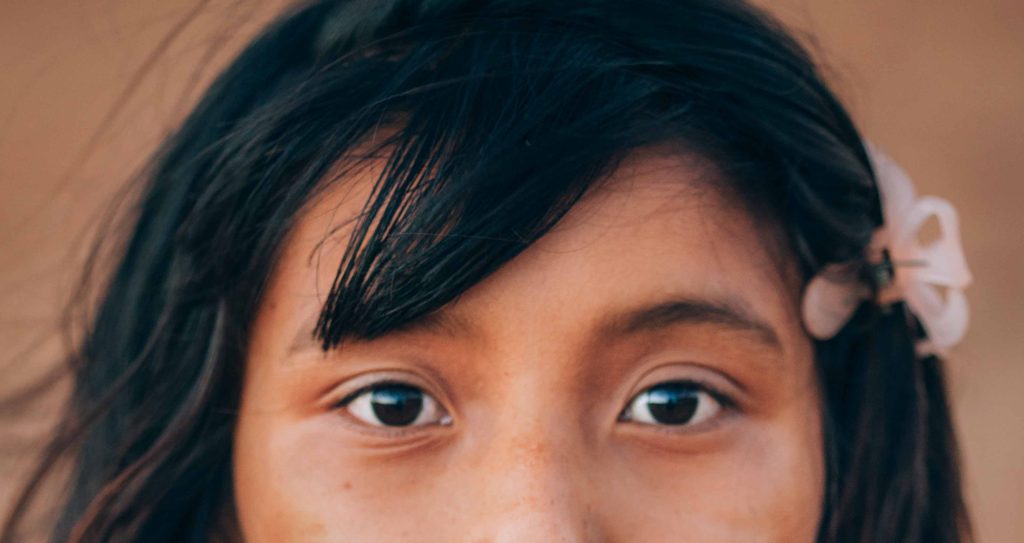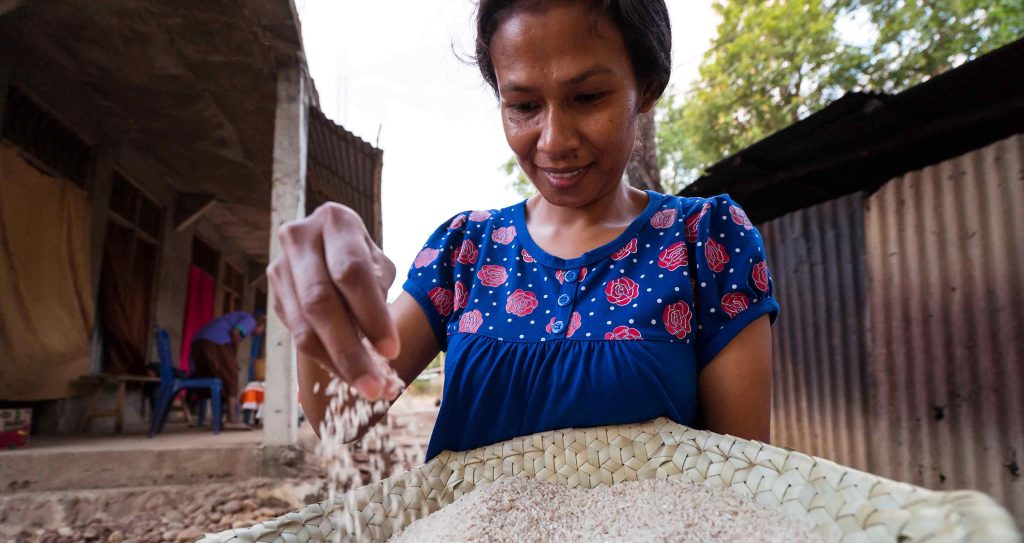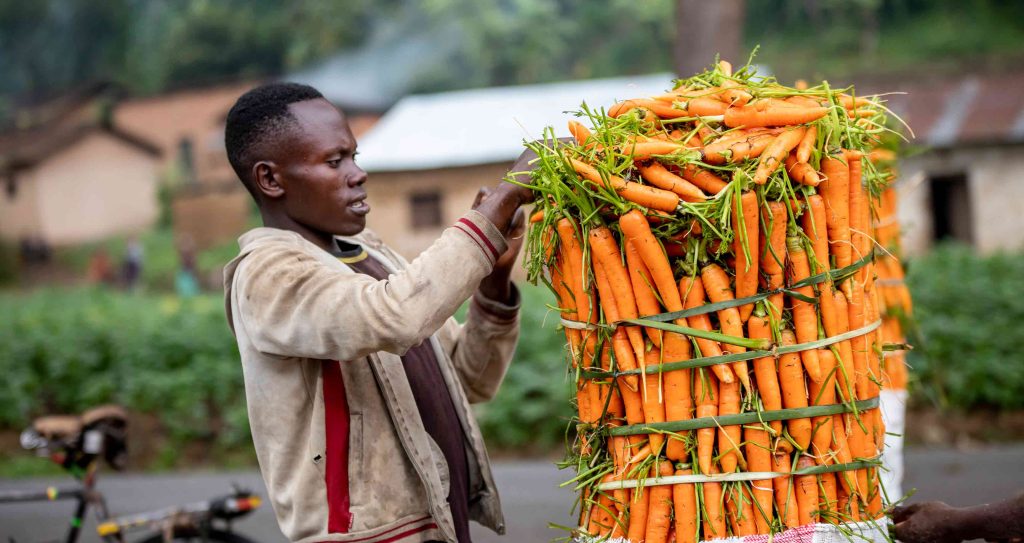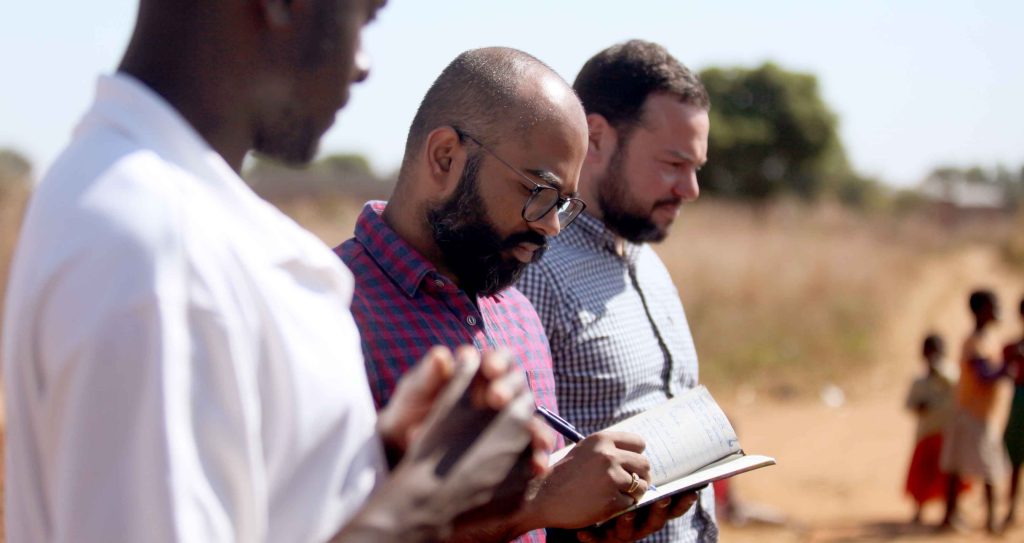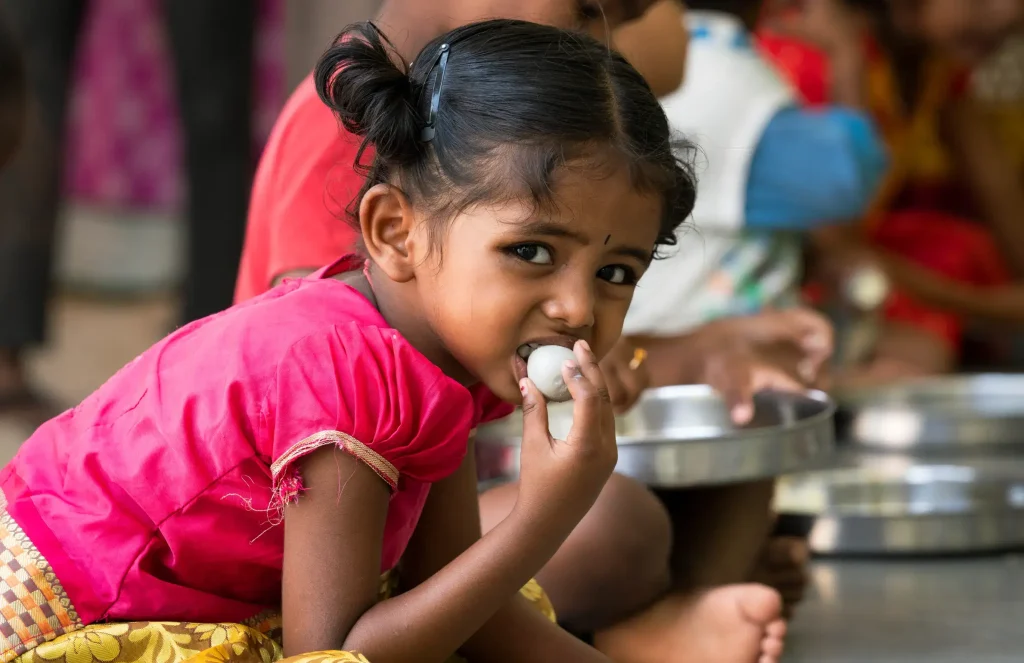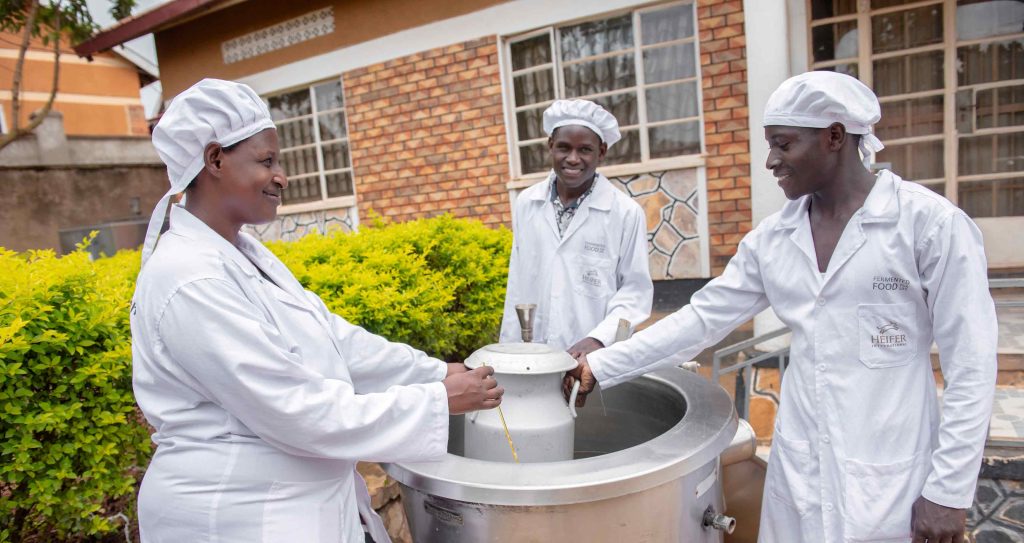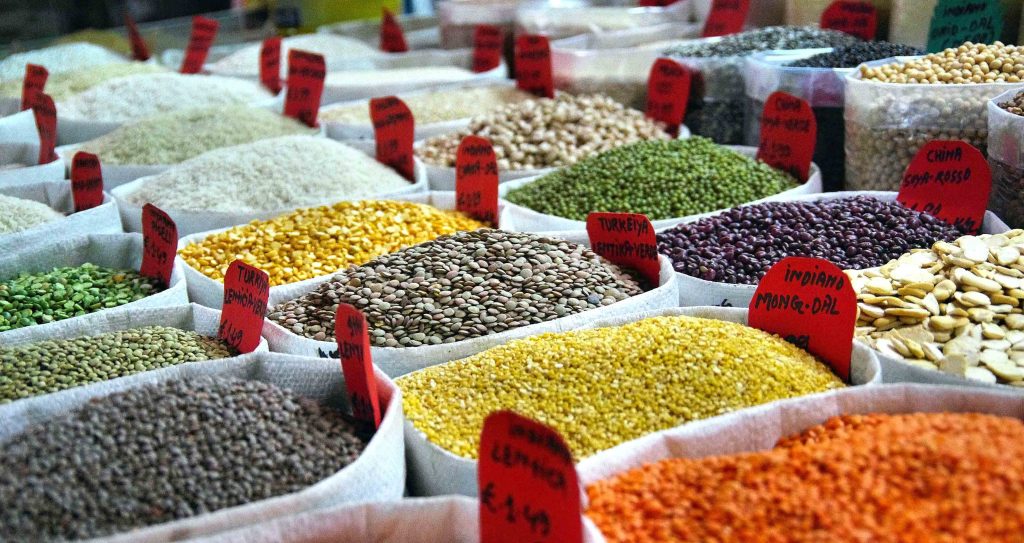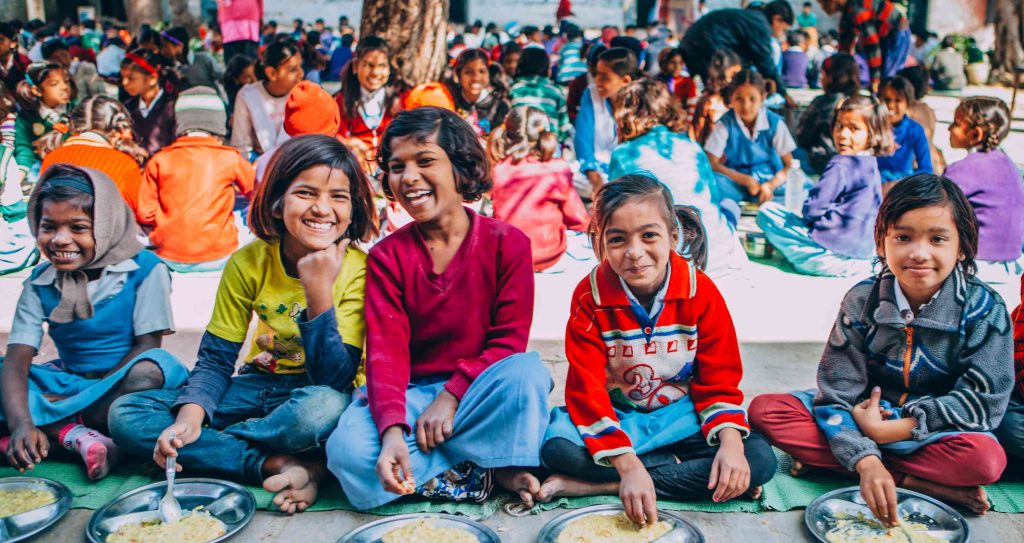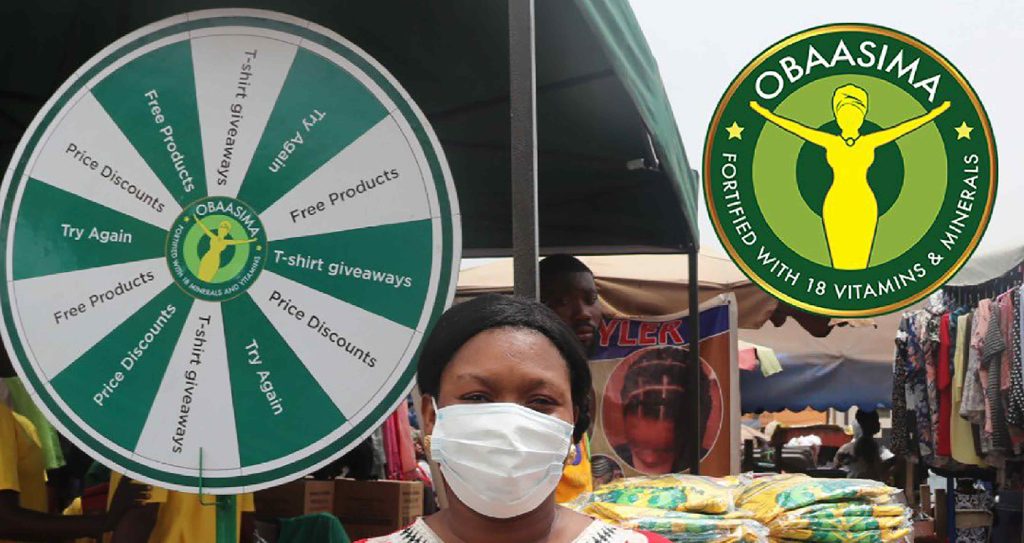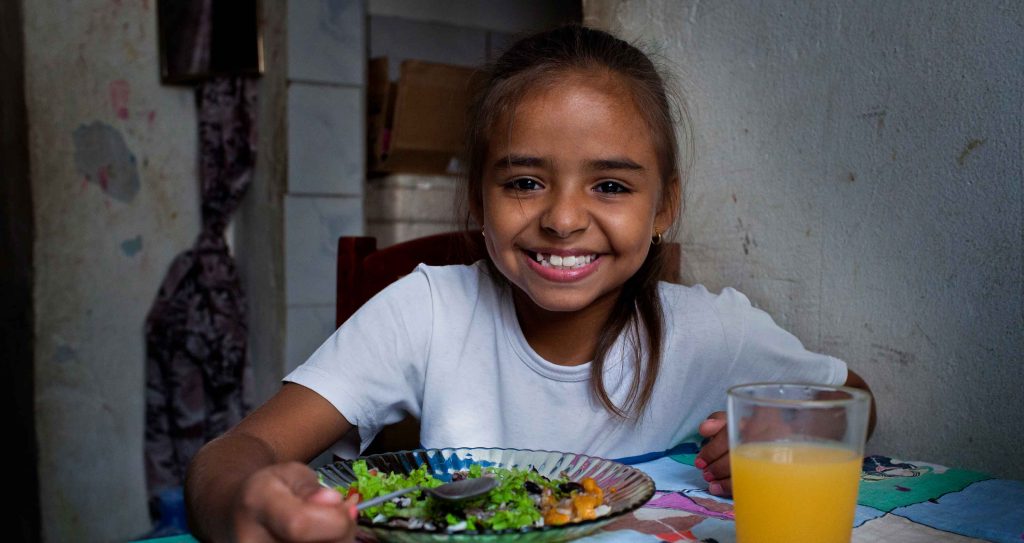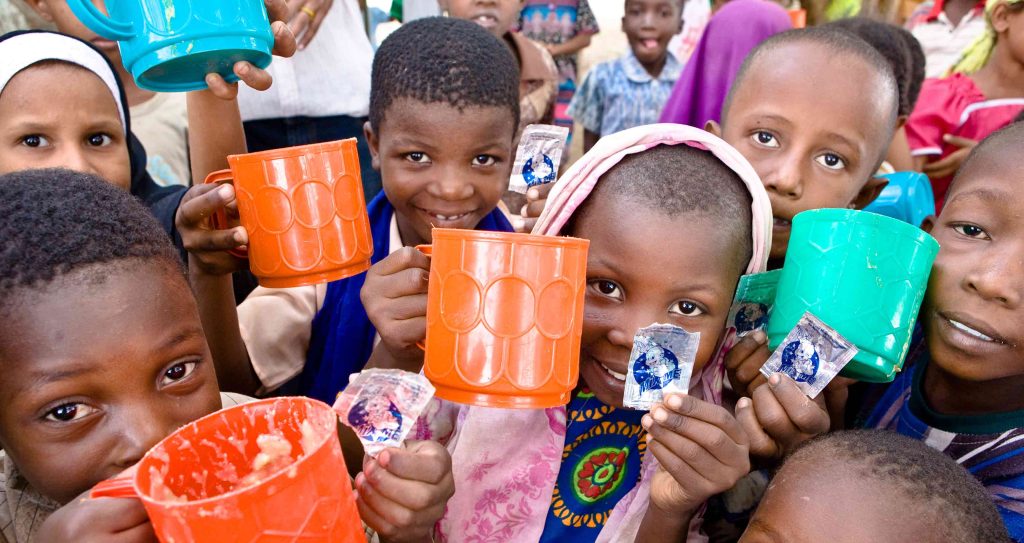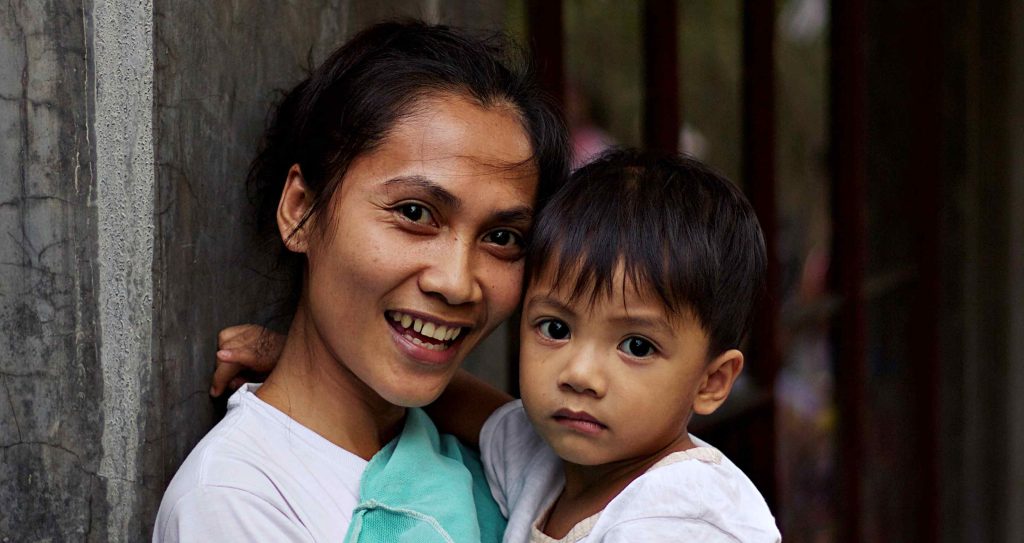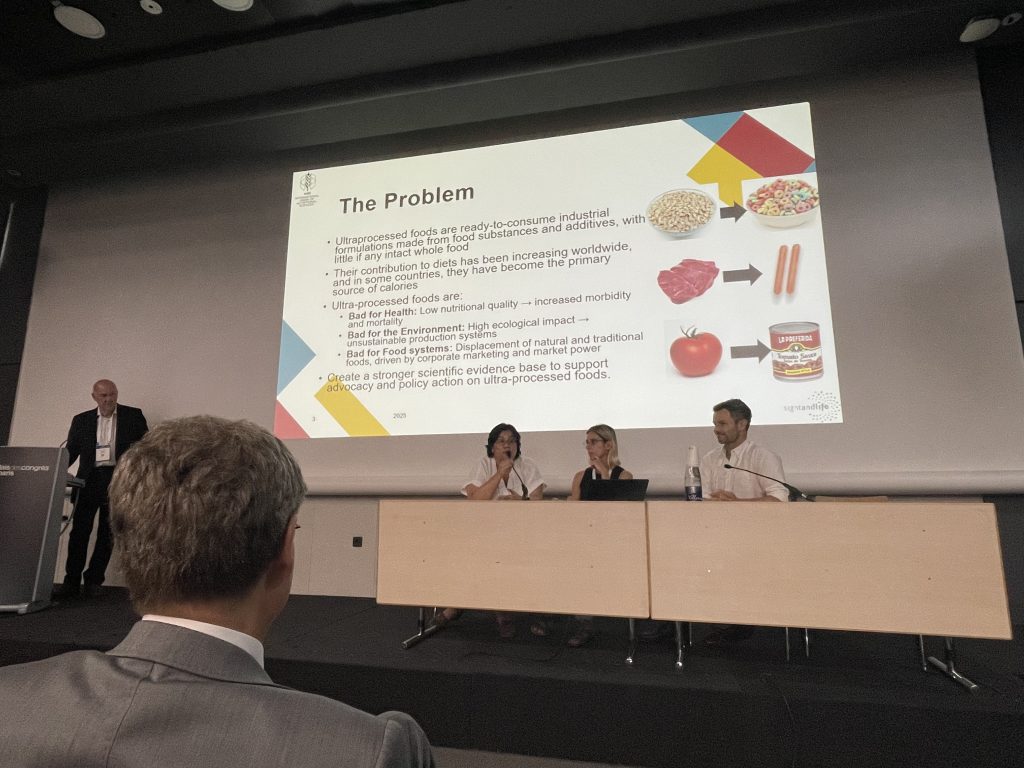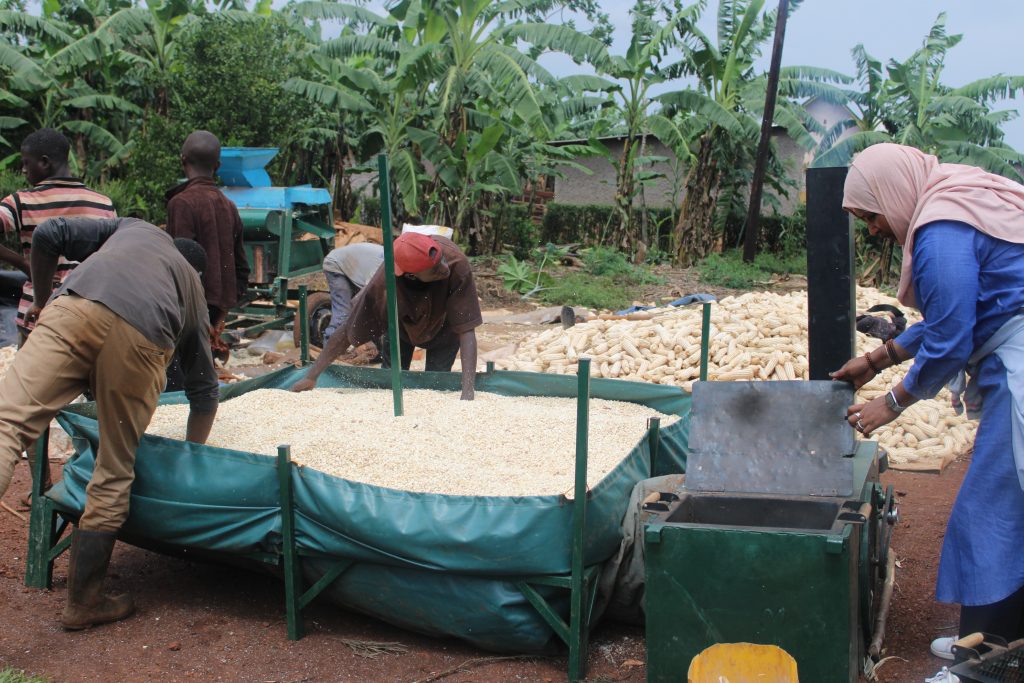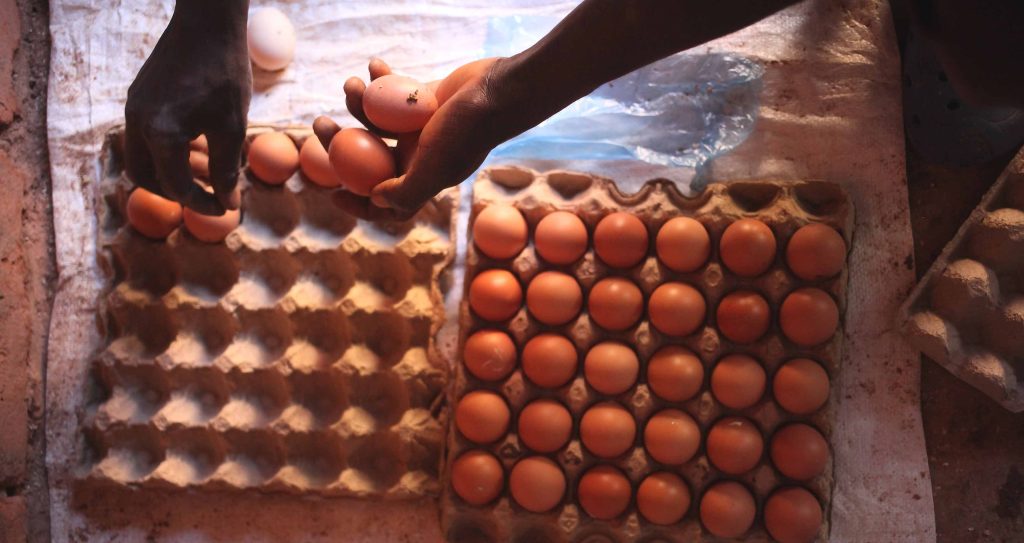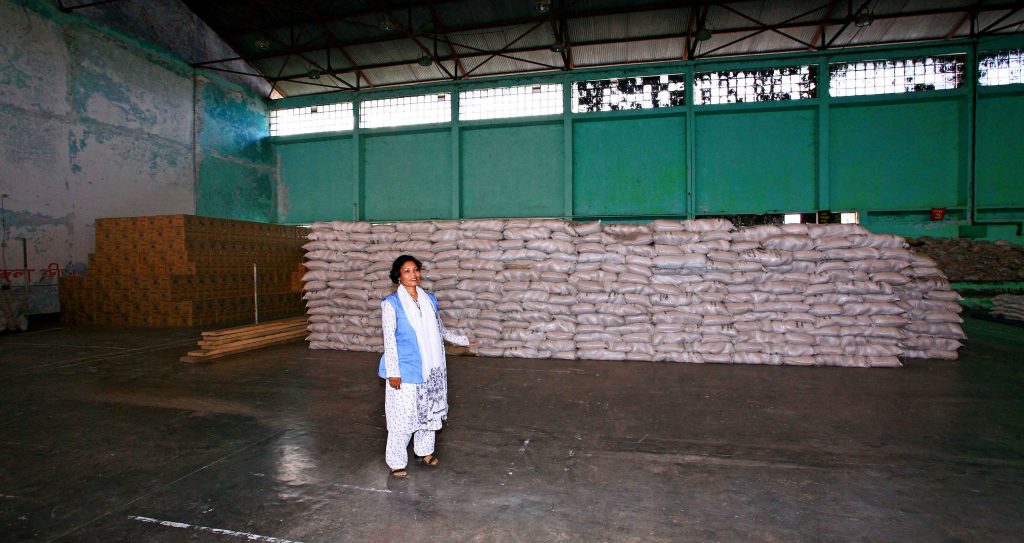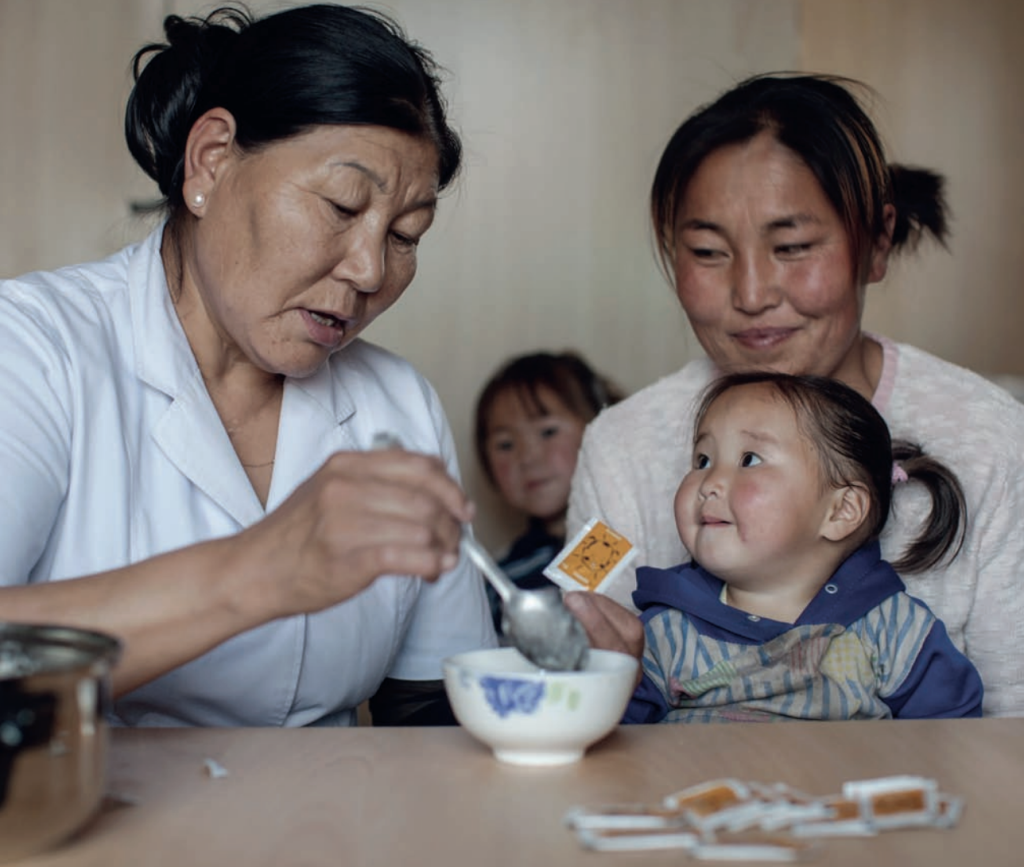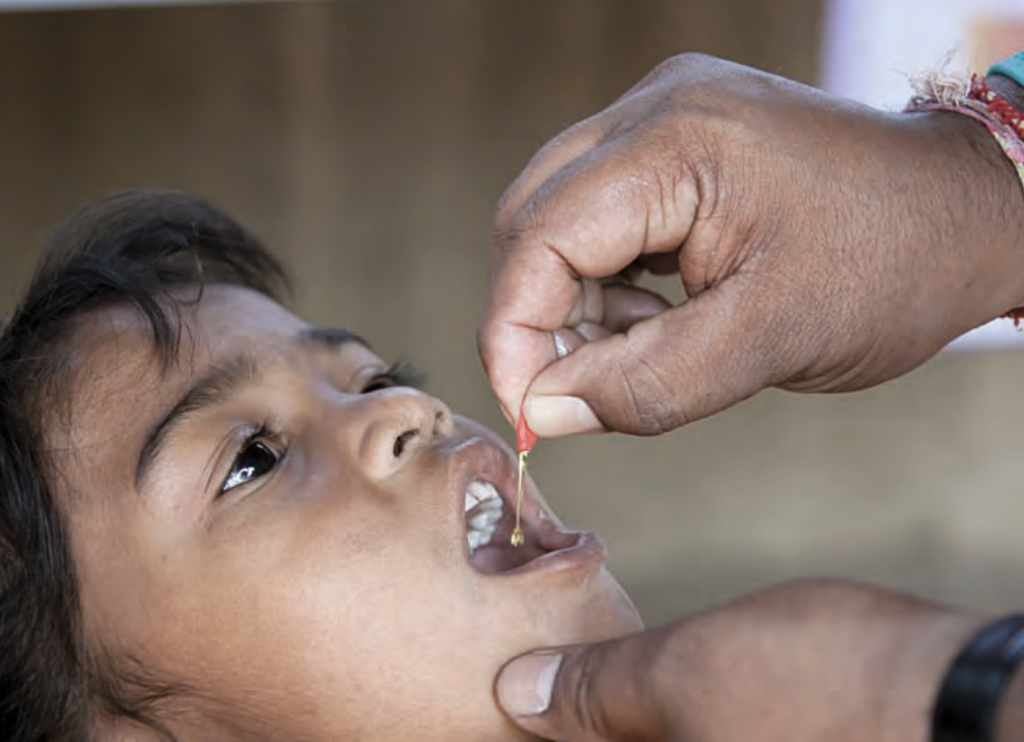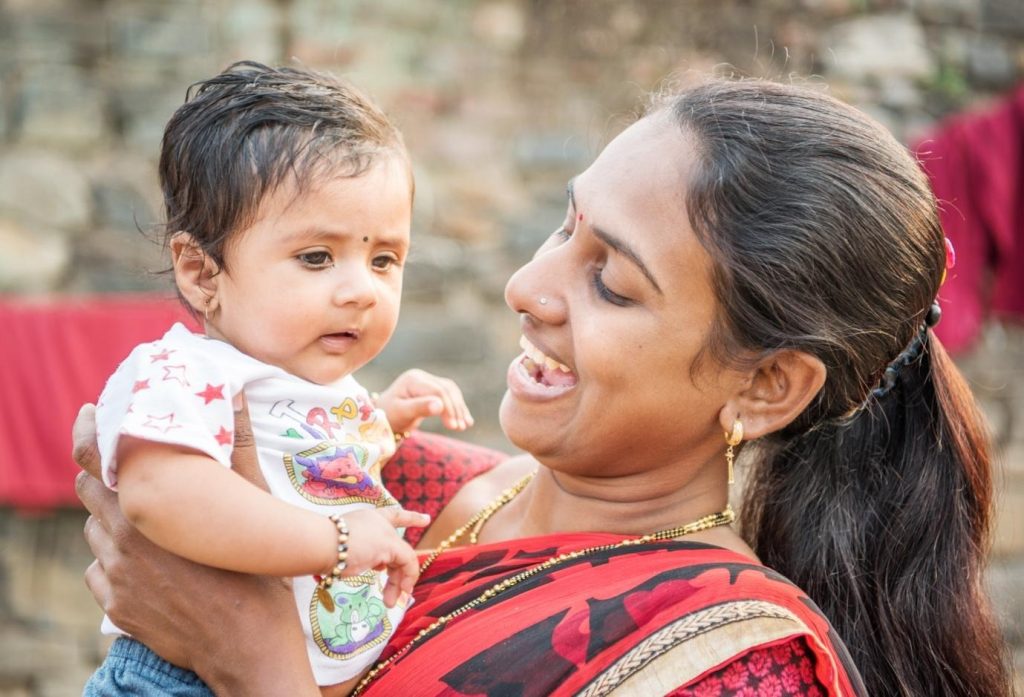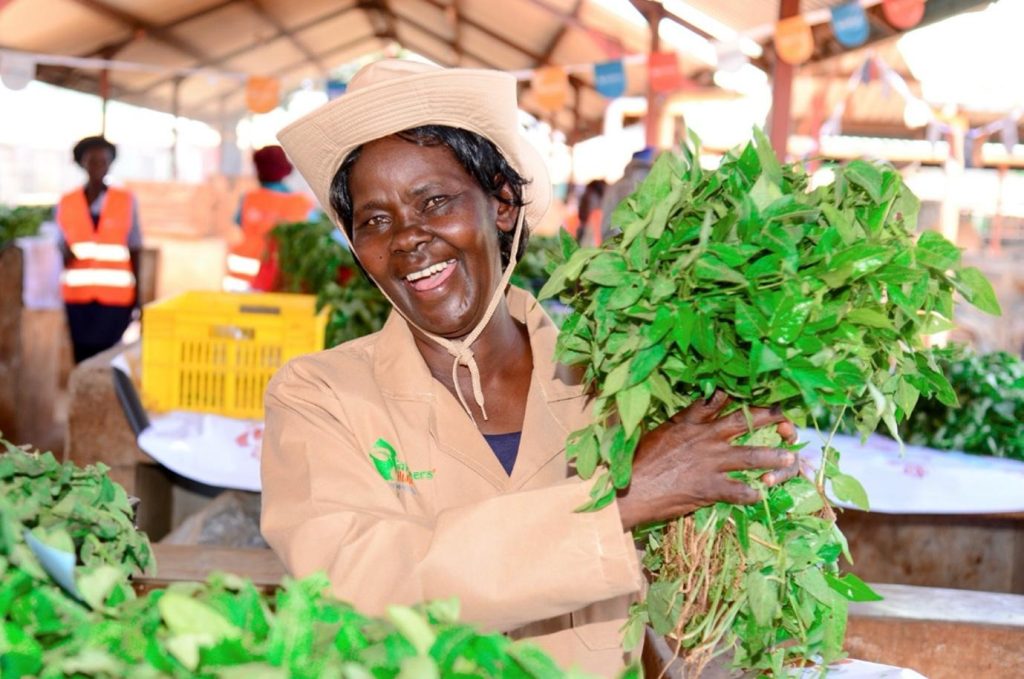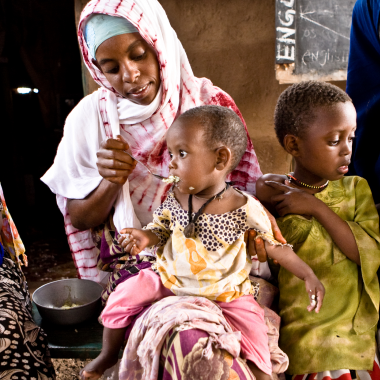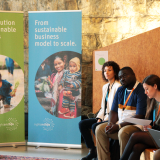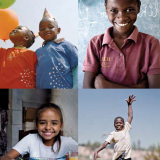OBAASIMA: Increasing access to fortified foods
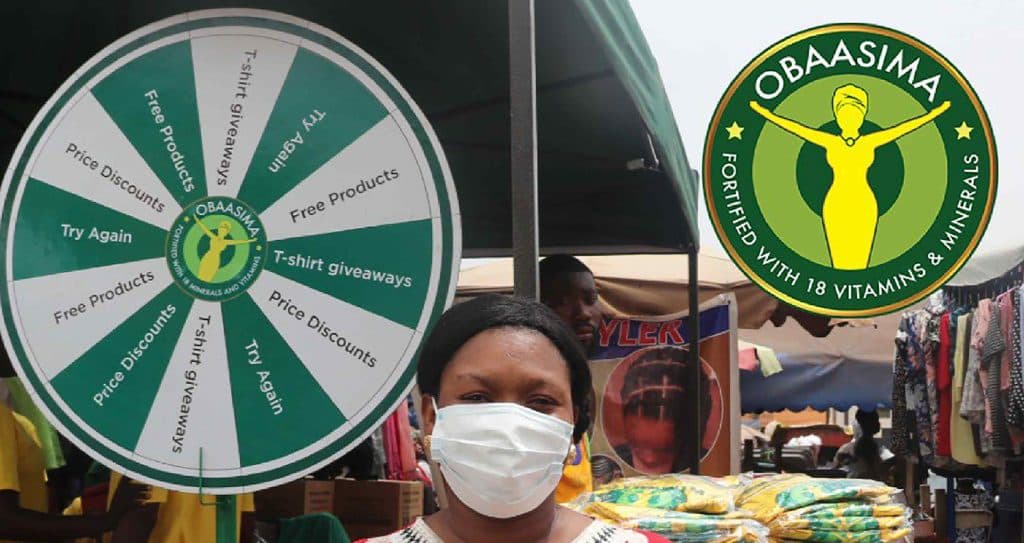
OBAASIMA will improve the micronutrient intake of women of reproductive age, particularly during the critical 1,000-day window from pregnancy through the first two years of a child’s life.
OBAASIMA is a double-duty action to reduce micronutrient deficiencies in pregnant women and women of child-bearing age in Ghana while ensuring OBAASIMA products have a sound nutrient profile that support healthy eating principles.
SAL is passionate about bringing together diverse actors in projects that make nutritious food affordable, accessible, and appealing to low-income consumers. At the same time, we are deeply committed to developing sustainable business models for foods that deliver measurable nutritional impact. In July 2013, a partnership was launched between SAL, Royal DSM N.V., the German Federal Ministry for Economic Cooperation and Development, the Children’s Investment Fund Foundation (CIFF), the Bill & Melinda Gates Foundation, the Association of Ghanaian Industries (AGI), and the Ghana Standards Authority (GSA).
The objective of this partnership is to improve the micronutrient intake of women of reproductive age (WRA) in Ghana. It resulted in the creation of the OBAASIMA Seal – a market-based approach aimed at addressing micronutrient deficiencies across the food chain, from production to demand creation. The OBAASIMA symbol guarantees nutrition quality and identifies fortified food products that provide 18 vitamins and minerals designed for WRA. It therefore makes these products more recognizable and accessible. The criteria required for use of the OBAASIMA Seal creates opportunities for food producers and processors to capitalize on consumer growth in the area of affordable and nutritious food.
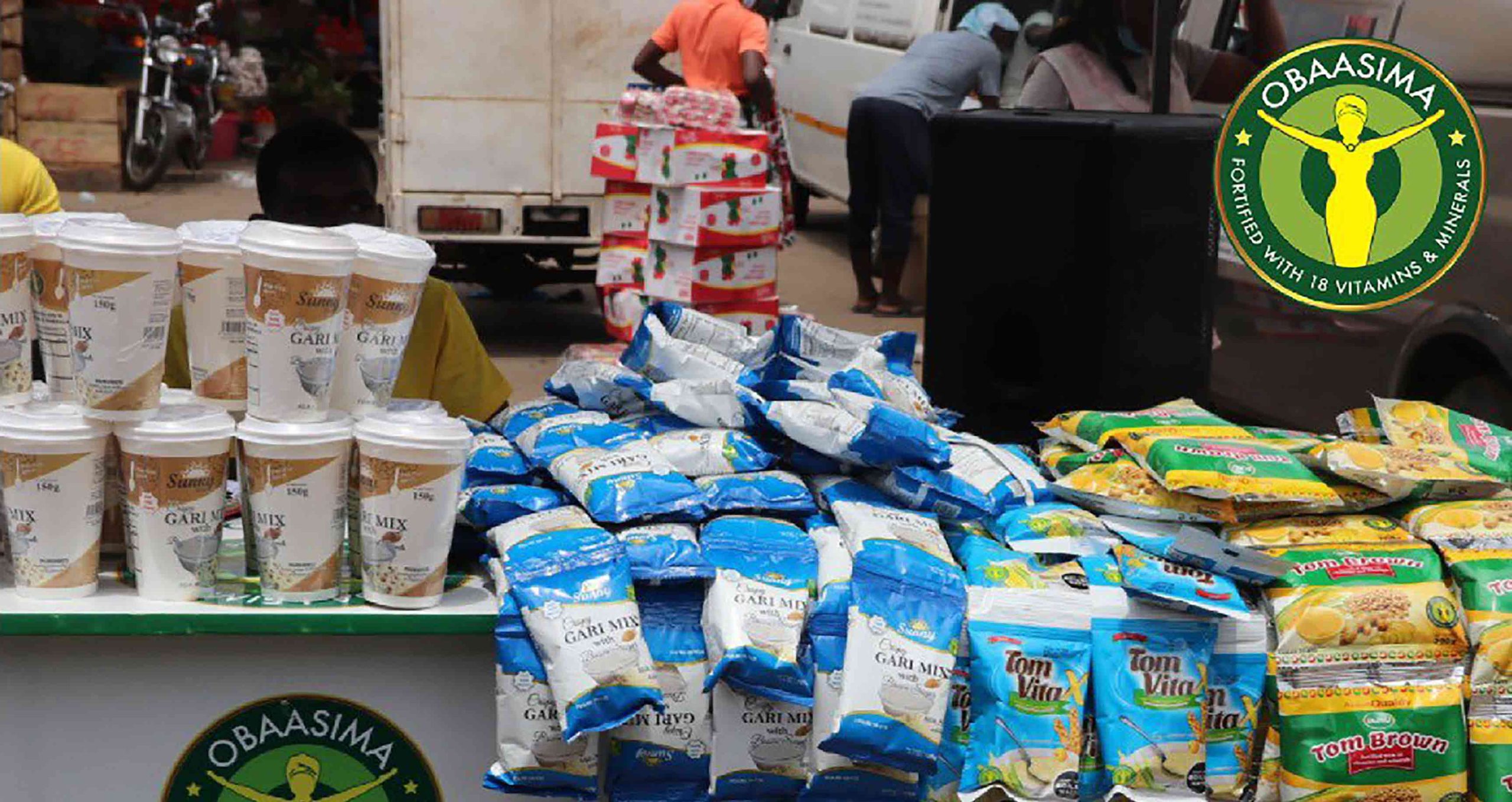
Target audience
In Ghana, micronutrient deficiencies are highly prevalent: 20% of Ghanaian women aged 15-49 suffer from anemia, and 54% of non-pregnant and pregnant women of the same age bracket have folate deficiency. The Ghanaian people also suffer from the double burden of malnutrition, with more than 40% of Ghanaian women being overweight or obese.
Key details
- OBAASIMA recognizes the importance of consumer values and insights, and conducts research to help understand the target population.
- OBAASIMA assists local food processors through technical support, testing, marketing, and business development training.
- The OBAASIMA Seal trademark, developed jointly with the GSA, helps inspire healthy food choices by making products easily recognizable.
- OBAASIMA inspired the development of a Nutrition Profiling System for LMICs. Details are available here and also in our special report. OBAASIMA also helped assess the potential of small- and medium-size companies to contribute to food and nutrition security. Details are available here.
- The involvement of partners with unique skills and knowledge ensures that the dynamic requirements of this initiative can be met.
- The OBAASIMA concept can be replicated easily in other countries. SAL seeks to support these efforts.
Discover more
Why tackle malnutrition
Understand how malnutrition affects our collective future
Global footprint
Discover our key projects across the world
Our strategy
Learn about our 3-stage plan to deliver direct impact on the ground
Our impact
Learn about the impact we have made on the ground so far all these chnages are in discover more section

